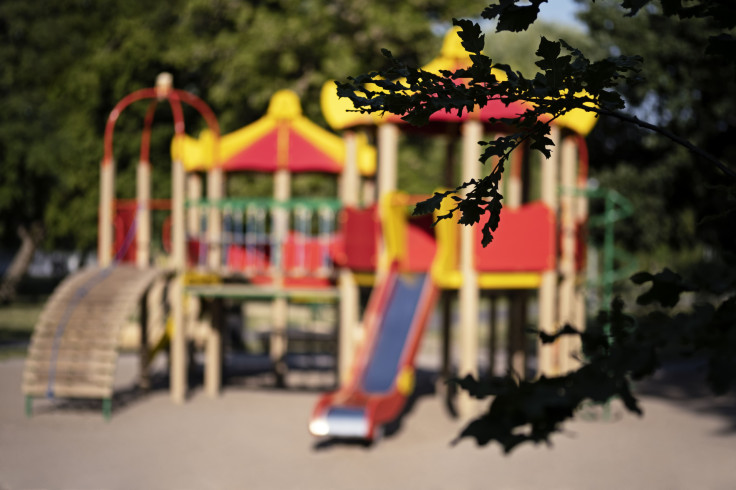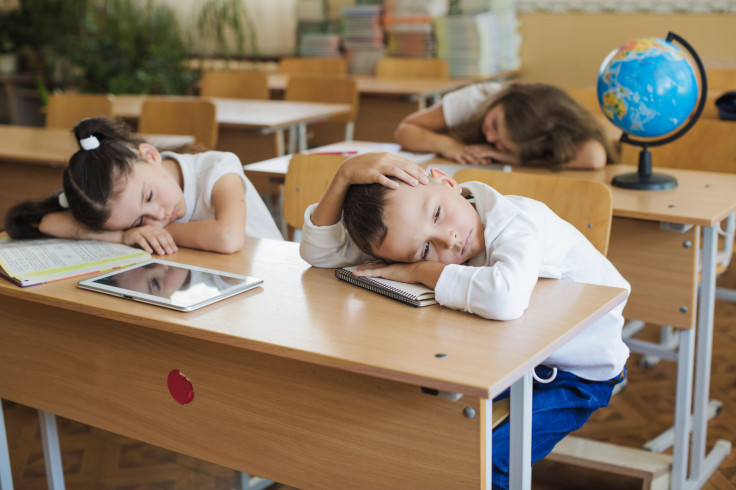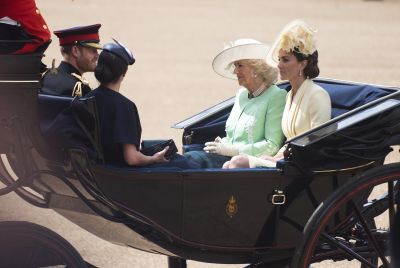'Let Them Play!': Fury as UK Schools Ban Outdoor Breaks as Kids Forced to Stay Inside During Heatwaves
UK schools are banning outdoor breaks as heatwaves intensify, sparking backlash from parents and experts who say kids need fresh air—even in summer

Outraged parents and educators are blasting UK schools for keeping children locked indoors during scorching summer weather, sparking a fierce row over whether protective measures have gone too far.
As Britain swelters under another blistering heatwave, dozens of schools across the country have implemented controversial 'hot play' policies that force pupils to abandon playgrounds and spend break times confined to stuffy classrooms.
The drastic measures have ignited passionate debate about mollycoddling modern children versus protecting their safety.
'Hot Play'—Safest or Overprotective?
Under extreme temperatures, several UK schools have adopted what are commonly called 'hot play' policies. These guidelines involve moving outdoor break times indoors or restricting access to playgrounds when temperatures soar. The reason for this precaution lies in the fact that common playground surfaces, such as tarmac, astro-turf, and concrete, can absorb and retain heat to levels that become unsafe for children.
According to The Telegraph, the WWF reported that many schools have replaced natural features like grass and trees with heat-retaining materials such as tarmac, which can 'exacerbate the impact of high temperatures.'
Voices in the Debate
Critics argue that prolonged indoor confinement can increase screen time, reduce physical activity, and hinder developmental engagement. They caution that shielding children excessively can stunt resilience and impact mental well-being.

Former Cabinet minister Sir Jacob Rees-Mogg voiced scepticism over the WWF's involvement in the issue, stating: 'I am surprised that the World Wildlife Fund thinks children count as wildlife. I am not sure the children of England are that feral.'
'Letting children enjoy the sunshine is only natural, and I fear these woke charities have too much time and money on their hands.'
Chris McGovern, former headteacher and chair of the Campaign for Real Education, also slammed the policy: 'Any teacher knows that the worst thing you can do on a hot day is to keep children confined to the classroom... So we're making them into wimps. We don't want to make children into wimps.' 'We want to toughen them up a little bit.'
Similarly, Tory MP Greg Smith condemned the approach as overprotective: 'It's absolute nonsense to attempt to wrap children in bubble wrap and away from anything that might be a bit uncomfortable. The correct answer is to take precautions in heat – hats, sun cream, light clothing – not hide from warm weather.'
WWF and Climate-Resilient Playgrounds
WWF defended its guidance, pointing to outdated playground infrastructure that intensifies overheating. They highlight how traditional surfaces retain heat and push schools to favour natural, green materials and more shaded areas. The charity has urged government reform of school premises regulations, many of which date back to the 1950s.
According to Rosalind Mist, WWF Director of Education & Youth, adding more nature and natural surfaces helps mitigate extreme weather and boosts children's concentration, resilience and mental health.
Charities like 'Learning through Landscapes' and WWF say these changes are affordable and impactful, improving both heat resilience and children's well-being.
They argue greener spaces help schools manage extreme weather, not just heatwaves but also flooding, while enhancing learning environments.
Guidance on Heat
The government discourages school closures during heatwaves, emphasising attendance as essential. Instead, schools are encouraged to offload uniform restrictions, ensure hydration, and allow shade access.
The Unions, such as the National Education Union (NEU), suggest 26 °C as a threshold for implementing adaptive measures like relocating lessons or closing particularly hot classrooms. However, no legal classroom temperature limit exists.
As mercury continues climbing and heat alerts blanket England, the polarising debate shows no signs of cooling.
Whether schools are sensibly protecting vulnerable pupils or unnecessarily restricting childhood freedom remains the burning question dividing communities nationwide.
The row ultimately reflects more profound anxieties about modern parenting approaches and how much risk society should accept in pursuing everyday childhood experiences.
© Copyright IBTimes 2025. All rights reserved.



















